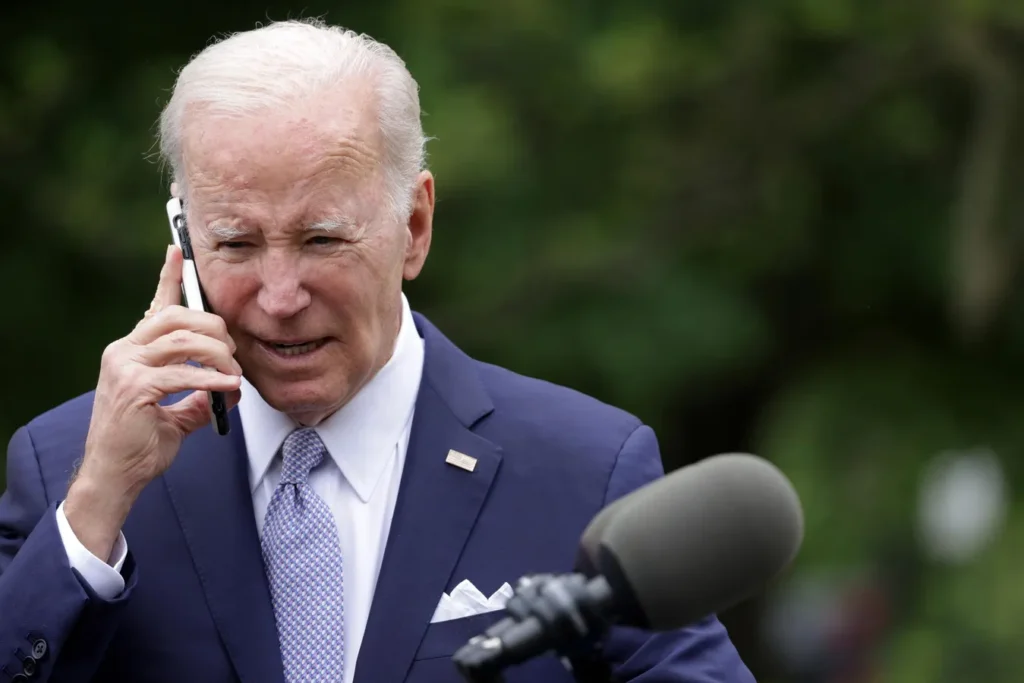In the world of international politics, few issues have generated as much debate and controversy as Ilhan Omar’s demand for the Pentagon to compensate victims of Somali drone strikes. This topic delves into the heart of U.S. foreign policy, accountability, and moral obligations. In this article, we’ll dissect this multifaceted issue, examining various perspectives, arguments, and the current status of the debate.
Image Credit: WikiMedia
Ilhan Omar’s Perspective
Criticism of U.S. Drone Strikes
Ilhan Omar, a Democratic Representative from Minnesota, is known for her outspoken criticism of U.S. militarism. One of her key contentions is that drone strikes in Somalia frequently result in civilian casualties and, in her view, violate international law.
Demand for Reparations
Omar goes a step further by demanding that the Pentagon acknowledges and compensates the families of civilians killed in drone strikes. She cites obligations under international law and points to previous Congressional appropriations that support such payments.
Focus on Transparency and Accountability
Additionally, Omar emphasizes the need for greater transparency regarding civilian casualties in drone strikes. She calls upon the Department of Defense to release accurate reports and address discrepancies found in independent assessments.
Arguments in Favor of Compensation
Moral and Legal Obligation
Proponents of compensation argue that the United States has both a moral and legal duty to provide reparations to civilians harmed by its military actions, regardless of intent.
Promoting Accountability
Compensation is seen as a powerful tool for holding the U.S. accountable for its actions and discouraging future civilian casualties in military operations.
Supporting Victims
Furthermore, compensation can play a crucial role in helping affected families rebuild their lives after enduring loss and trauma.
Arguments Against Compensation
Difficulty in Verifying Casualties
Critics point out the challenges in accurately determining civilian casualties in drone strikes due to limited access to conflict zones and conflicting information.
Setting a Dangerous Precedent
Some individuals express concerns that admitting fault and providing compensation could open the door to lawsuits and undermine military operations, potentially hampering national security.
Potential Misuse of Funds
Worries exist regarding the potential misuse or diversion of compensation payments, which could fall into the wrong hands or be redirected for unintended purposes.
Current Status
As of the present moment, the Pentagon has been reluctant to acknowledge civilian casualties resulting from drone strikes in Somalia and has resisted calls for compensation.
In Congress, funds have been appropriated for compensating civilian victims of drone strikes in various countries. However, accessing these funds remains a bureaucratic and opaque process.
Ilhan Omar’s ongoing efforts, alongside those of other advocates, aim to exert pressure on the Pentagon and the Biden administration to reconsider their stance on this pressing issue.
In conclusion, Ilhan Omar’s demand for Pentagon compensation in Somali drone strikes underscores the complexity and moral dilemmas surrounding U.S. military actions abroad. It forces us to grapple with questions of accountability, transparency, and the responsibility of the United States towards those affected by its military operations. The ongoing debate will undoubtedly continue to shape U.S. foreign policy and its commitment to humanitarian principles.
FAQs
1. Why is Ilhan Omar advocating for compensation in Somali drone strikes? Ilhan Omar believes that drone strikes in Somalia often result in civilian casualties and violate international law. She argues that the Pentagon should acknowledge its role and compensate the families of affected civilians.
2. What are the arguments in favor of compensation? Proponents argue that it is a moral and legal obligation for the U.S. to compensate civilians harmed by its military actions. Compensation is seen as a means to promote accountability and support victims.
3. What are the arguments against compensation? Critics raise concerns about the difficulty in verifying casualties and the potential for setting a dangerous precedent. Some worry about the misuse of funds.
4. What is the current status of this issue? The Pentagon has been hesitant to acknowledge civilian casualties in Somali drone strikes, and accessing compensation funds remains a bureaucratic process.
5. How are Ilhan Omar’s efforts affecting this issue? Ilhan Omar, along with other advocates, is striving to pressure the Pentagon and the Biden administration to reconsider their stance on compensation in Somali drone strikes.
Here are some additional resources you may find helpful
- NPR article: https://www.npr.org/2023/02/02/1153472237/ilhan-omar-foreign-affairs-committee-vote-republicans-remove
- Common Dreams article: https://www.commondreams.org/tag/ilhan-omar
- The Intercept article: https://theintercept.com/2021/07/23/ilhan-omar-biden-somalia-airstrike/









